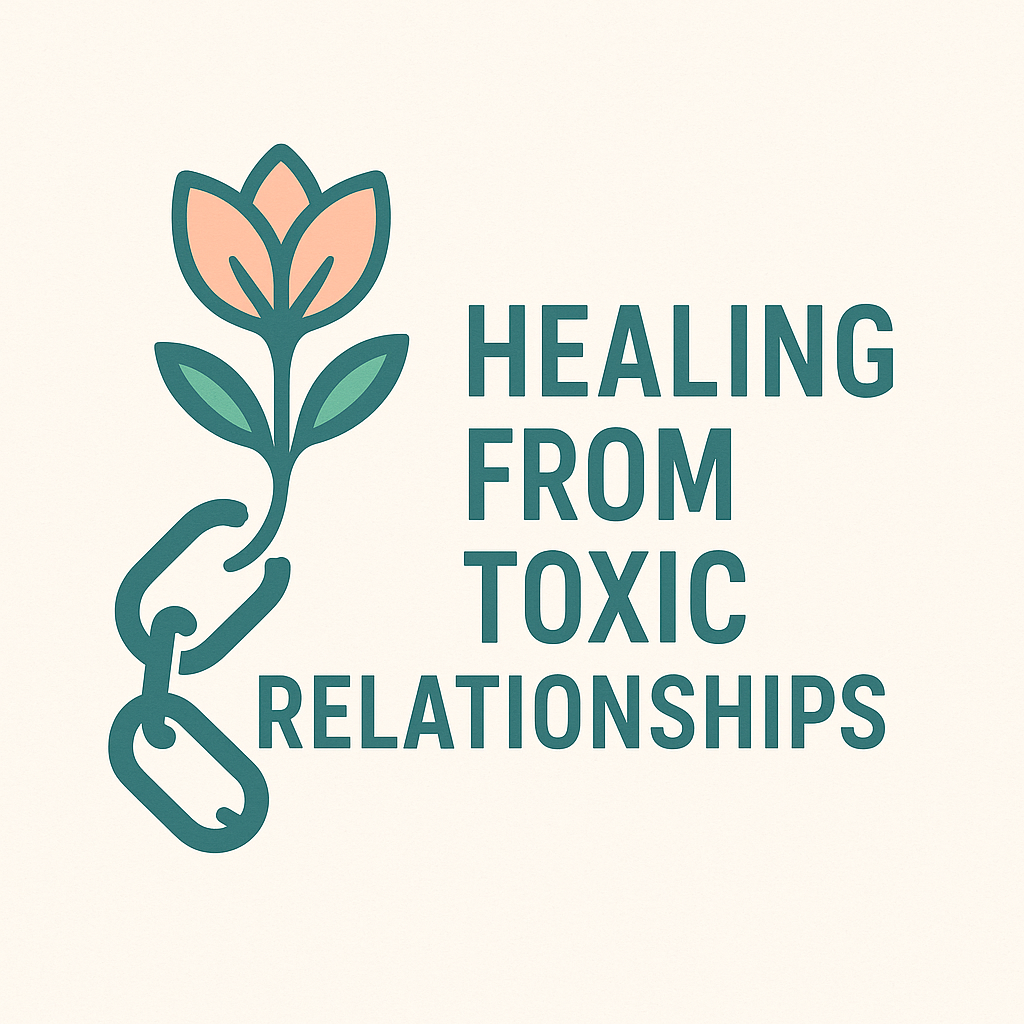What Gaslighting Really Feels Like
How it messes with your memory, emotions, and sense of self
You’ve probably heard the word gaslighting before. It’s all over social media and pop psychology right now. But unless you’ve lived through it, it’s hard to explain just how deeply it messes with your head.
This blog isn’t about definitions. It’s about what gaslighting actually feels like in real life.
In your body. In your relationships. In your mind.
And if you’ve experienced it, this is here to help you feel less alone—and less crazy.
What Gaslighting Is (Quick Refresher)
At its core, gaslighting is when someone intentionally or repeatedly distorts your perception of reality to make you question your memory, emotions, or experiences.
It’s not just lying. It’s lying with the goal of control. It’s denying things they said. Rewriting history. Telling you how you feel or should feel. Turning everything around on you.
And over time, it breaks you down.
What Gaslighting Feels Like
1. You replay conversations over and over in your head.
You think, “Wait, did I actually say that?” or “Maybe I misunderstood.”
Gaslighting makes you feel like your memory can’t be trusted. You start reviewing your words like you're watching game tape. But no matter how many times you run it back, you're still left confused.
2. You apologize… a lot.
You find yourself constantly saying sorry, even when you didn't do anything wrong.
You try to keep the peace. You try to smooth things over. And you shrink yourself to avoid the next blow-up or shutdown.
3. You feel like you're too sensitive.
The person gaslighting you usually says this.
“You’re overreacting.”
“You always take things the wrong way.”
“You twist everything I say.”
Eventually, you start believing it. You stop bringing up your feelings because you're afraid they'll just get used against you.
4. You second-guess your gut.
Gaslighting disconnects you from your own intuition.
Even when something feels off, you talk yourself out of it.
You think, “Maybe I’m being dramatic.”
Or, “They said I’m the toxic one, so maybe they’re right.”
This is how you lose your sense of self.
5. You don’t feel safe being yourself.
Gaslighting creates a psychological cage.
You hide your feelings. You avoid conflict. You don’t say what you really think. Because every time you do, it somehow gets turned around on you.
So you play it safe. But deep down, you feel small. Alone. Invisible.
Real Examples of Gaslighting
From a partner:
You say, “I felt hurt when you ignored me last night.”
They respond, “I wasn’t ignoring you. You’re just paranoid.”
Now you're not only hurt. You're questioning if you even have the right to feel hurt.
From a parent:
You say, “You used to scare me when I was a kid.”
They say, “No I didn’t. You were just sensitive. I gave you a great childhood.”
You walk away feeling guilty and confused.
From a boss:
They deny ever giving you instructions, then get angry when you didn’t follow them.
They criticize you for not taking initiative, then micromanage everything you do.
You can’t win. And you start to believe you’re incompetent, even though you’re not.
Why It’s So Damaging
Gaslighting rewires your brain.
It weakens the part of your brain that helps you trust your memory (the hippocampus) and strengthens the part that scans for danger (the amygdala).
The result? Constant anxiety, self-doubt, brain fog, and shame.
Over time, it doesn’t just affect how you feel about them. It changes how you feel about yourself.
How Therapy Can Help
When you’ve been gaslit long enough, you need help untangling what’s true from what was planted.
In therapy, we slow everything down.
We take those moments you’ve been looping on and look at them together—without judgment.
We validate what happened. We connect the dots. We look at where that inner confusion comes from, and we start replacing it with clarity.
You don’t have to live in a fog. You don’t have to keep questioning your every move. You get to feel safe in your own body and trust your own thoughts again.
Final Thought
If this post resonated with you, it probably means someone made you doubt your reality for a long time.
And it wasn’t your fault.
You’re not too sensitive. You’re not broken.
You’ve been manipulated. And you’re allowed to heal.
